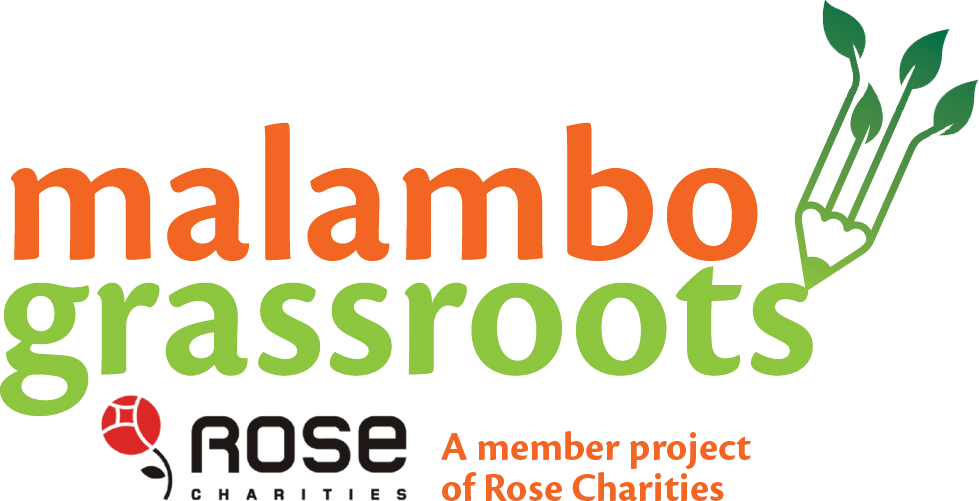by Jocelyn, one of our volunteers
I recently watched a great documentary on CBC. Newfoundland filmmaker Christopher Richardson asks the question, if you donate a goat to a charity, does someone actually get a goat? He traveled to Zambia to find out. His film is called Where’s My Goat, and is well worth watching.
His show made me think. Is our work with Malambo Grassroots really having an impact? Is our belief in a multi-pronged approach right (ie. income generation, education, and community development)? By giving a goat, (which can become a small income generator), what is the real impact on Zambians?
Well, right from the start, the gift of a goat, chicken, pig, or cow provides food and income. So for an impoverished villager, life is improved immediately. This is good. Feeding a hungry family is the very first step towards making a difference.
While the gift of a goat is welcomed, the animals themselves can be a problem. Goats denude the environment. Overgrazing by any animal, whether it’s by cows, pigs, or goats, has a big impact on the environment. However, goats are welcomed because they are good survivors, they are relatively easy to look after, and the people in this area were traditionally herders. Villagers gather flocks around them as a form of a walking bank account. People stock up with grazers the same way they might put money in savings. Goats are something to sell in times of need.
If you need a walking bank, you try to cultivate your herd so it grows. With the growth in population, with more people banking this way, the land can become bald, overgrazed. Then when the rains come, the soil washes away and deep erosion begins. You can see this clearly during the dry season in areas where there is a high concentration of grazers.
Perhaps the “first-step gifts” that we need to give are those animals that give back to the land – for now perhaps chickens, perhaps seed and fertilizers to those who live close to a water source. Perhaps we need to broaden the variety of first help interventions.
Villagers do need to accumulate wealth. At this point, a bank account in Zambia charges more in fees than most people make in a month. My hope is that cell phone banking will be cheap and will allow villagers to accumulate wealth.
Our next post will continue with part 2: Where do we go from here?

